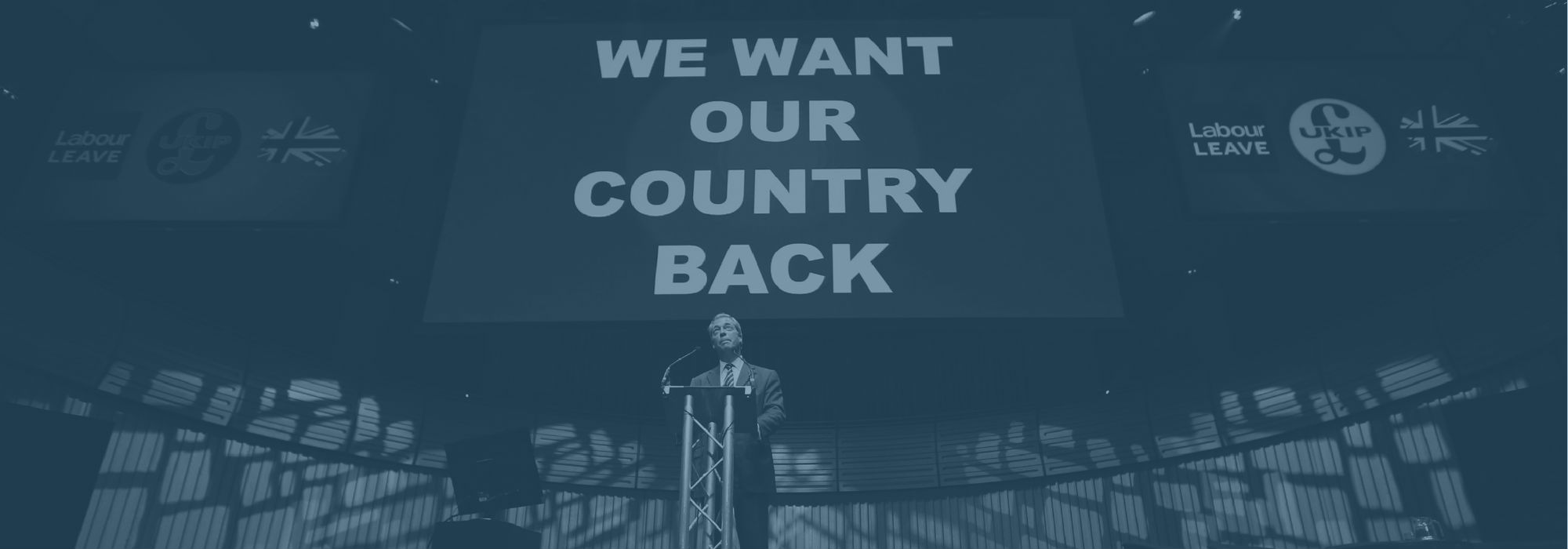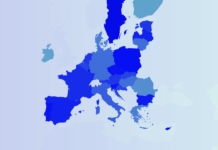By George Friedman
In looking at Friday’s market decline, it is clear that the investment community was surprised at the outcome of the referendum in the U.K. What is most surprising is that they were surprised. There were two competing views of the EU. One view regarded the European Union as essential to British economic well-being. The other saw the European Union as a failing institution, and saw Britain being pulled down if it remained.
The European Union has been caught in long-term stagnation. Eight years after the financial crisis it is still unable to break out of it. In addition, a large swath of Europe, especially in the south, is in depression with extremely high unemployment numbers. An argument could be made that these problems will be solved in the long run and that Britain should be part of the solution for its own sake. The counterargument is that if the problems had been soluble they would have been solved years ago.
For a financial community, there is a built-in desire for predictability. It can make money in good or bad markets and economies. It has trouble making money in uncertainty. Therefore, the financial community was inherently biased toward Britain remaining in the EU because it gave them predictability. There was a subconscious assumption that everyone had the same bias toward maintaining the status quo. This was not just the view of the global financial community. It was one shared with other elites – political, journalistic, academic and the rest.
Someone I know, who has many friends in Britain, told me that she didn’t know anyone who favored a British exit. That was true. As the graduate of an elite college she is in touch with similar people around the world. This enclosure has profound social indications to consider, but in this case it created a psychological barrier to anticipating what was coming. When everyone you know thinks an idea is rubbish, it is hard to imagine that there is a majority out there that you haven’t met that doesn’t share your views.
There was also a sense of contempt for the opponents. The leaders, like UKIP leader Nigel Farage, were odd from the elite point of view. Their rhetoric was unseemly. And their followers by and large did not come from the places in London where the elite did. Their views were not the liberal, transnational views of the supporters of the EU. They led much narrower, harder lives and did not know the world as the pro-EU people did. So they were discounted. There was an expectation that the elite, who had governed Britain for so long, were dealing with an annoyance, rather than a peaceful rising against them. Thus, in spite of the polls indicating the election would be extremely close, the “remain” supporters could not believe they would lose.
The reporters of leading British media were talking to their European and American counterparts. The politicians were doing the same. And the financial community is on the phone daily with colleagues around the world. The challenge that was posed in the U.K. referendum is present in many countries around the world, albeit in different forms. What has become universal is the dismissive attitudes of the elite to their challengers. It is difficult for the elite to take seriously that the less educated, the less sophisticated and the less successful would take control of the situation. The French Bourbons and the Russian Romanovs had similar contempt for the crowds in the streets. They dismissed their lack of understanding and inability to act – right to the moment they burst into the palaces.
The analogy should not be overdone but also should not be dismissed. The distance between what I will call the technocratic elite and the increasingly displaced lower-middle and even middle class is becoming one of the major characteristics of our time. This elite did not expect “leave” to win because it was clear to them that the EU would work itself out. They didn’t know anyone who disagreed with them – a measure of how far out of touch they had become with the real world. And above all, they were dismissive of the kind of people who led their opponents.
Not understanding their own isolation and insularity; not grasping the different world view of “leave” supporters or that they couldn’t care less if the financial institutions of the City moved to Frankfurt; not grasping the contempt in which they were held by so many, the elite believed that “leave” could not win. Hence, they were surprised in spite of the fact that others, including myself in my book “Flashpoints: The Coming Crisis in Europe,” had noted all of these trends.
In the end, the financial decline on Friday resulted from the lack of imagination of the elite. And it is that lack of imagination that led them to believe that the current situation could continue. That lack of imagination, the fact that the elite had no idea of what was happening beyond their circle of acquaintances, is a far greater crisis in the West than whether Britain is in the EU or even if the EU survives. We are living in a social divide so deep that serious people of good will and a certain class have never met anyone who wants to leave the EU or who supports blocking Muslim immigration or perhaps even who will vote for Donald Trump.
A democratic society cannot survive this divide. It occurred in the United States in the Great Depression, but was smashed by World War II when the young soldiers of all classes discovered that their lives depended on each other and social class meant nothing when the artillery opened up. The moderation of the post-war period had much to do with this experience.
Of course, World War II was unique and hardly the solution to a social problem. Nevertheless, something dramatic needs to happen. It will, as the situation becomes increasingly untenable. In the end, the palace doors may be kicked in. Hopefully, it will be done more politely and without the viciousness of the falls of the Bourbons and Romanovs.
No one had the right to believe that this couldn’t happen. No one should believe that it will be confined to Britain. No one should believe that it won’t happen again. The days when the elite could assert that the EU is going to be just fine in the face of evidence to the contrary are over.








